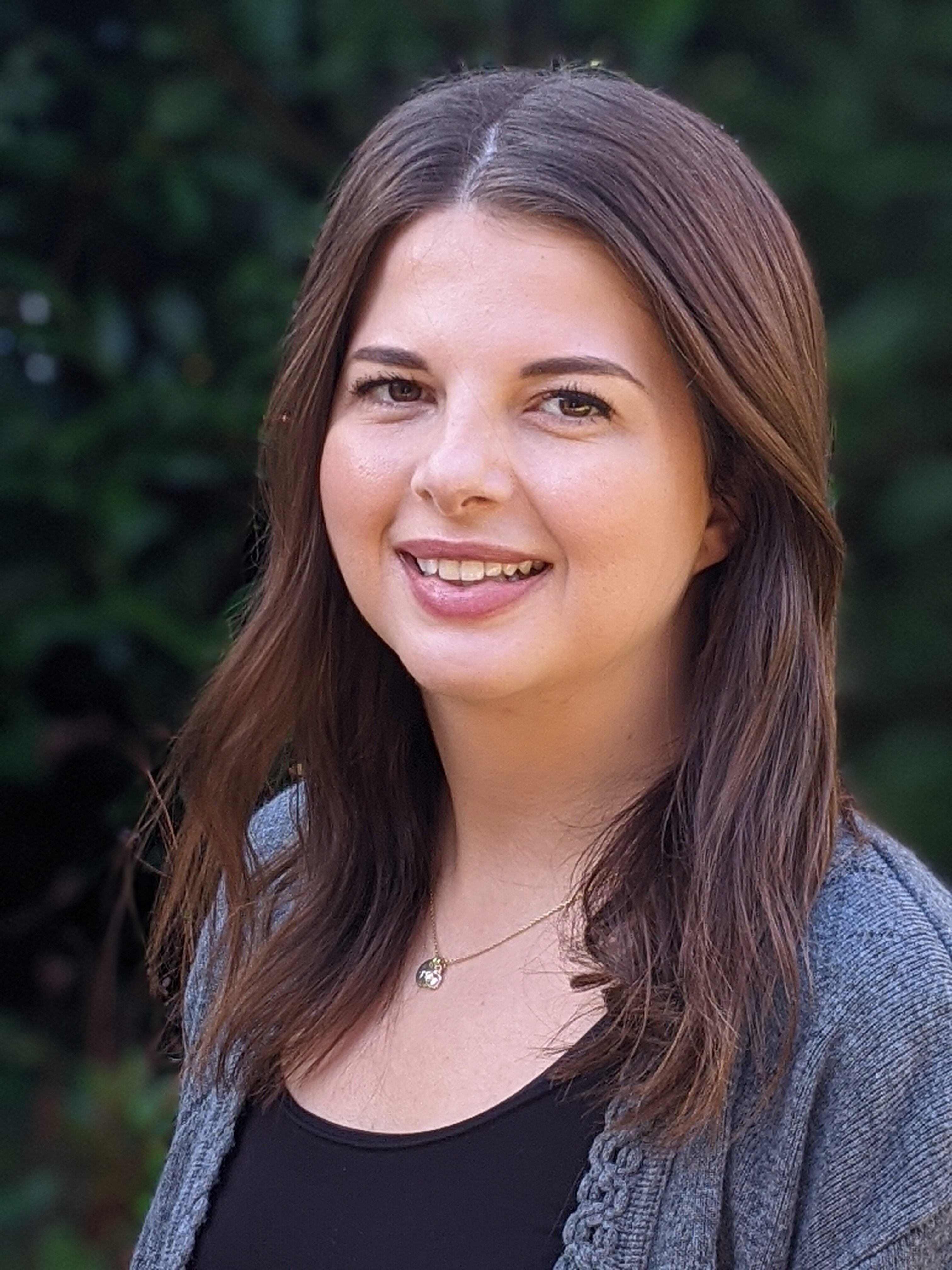
Addison’s Disease Day: support for a rare condition
Philippa Sharman
- Lived experience
- Person-centred care
Addison’s Disease Day, on 29 May, provides a moment to raise awareness of the rare endocrine conditions, Addison’s disease and adrenal insufficiency (AI). These often-unrecognised conditions can lead to adrenal crisis and, if not identified and treated, death. When diagnosed, they require daily medication, with an increase of steroids during physical or psychological stresses. The omission of steroids in people with AI can lead to an adrenal crisis.
After being diagnosed with this condition, patients face an instant daily burden. Often described as “the full-time job I never asked for”, managing a chronic condition requires support. And when your condition is rare and life-threatening, this comes with further complications: most people are greeted with blank faces when asking healthcare professionals about Addison’s disease.
This is where patient advocacy charities such as ourselves, the Addision’s Disease Self-Help Group (ADSHG), have to step up. We are here to support our community as an ‘expert patient’, whilst also tackling the lack of education for healthcare professionals.
The problem
Historically, emergency experiences for people with AI were predominately negative. People had to fight not to be dismissed, whilst trying to explain the care they required without seeming uncooperative. Our community simply didn’t feel safe at their most vulnerable and were often left physically compromised.
The speed with which you can become unwell with an adrenal crisis, and the need to have your steroids on time and increased, means a clear protocol is required. The incidence of adrenal crisis remains high, particularly for people with primary adrenal insufficiency, despite the introduction of behavioural interventions.
NHS solutions
In August 2020, huge progress was made as the NHS Steroid Emergency Card and National Patient Safety Alert was introduced. Our community now had the reassurance that, should they become unwell with no advocate, there were clear instructions for medics and a system to back them up. However, three years on, this hasn’t removed negative experiences and there is much more to be done.
The concept of a patient-held prompt in the form of a steroid card is not new – the ADSHG has been providing our own card for many years. However, it took until 2020 for an NHS card to be implemented for our community. This shows the vital role patient support charities take in filling the gaps for rare conditions.
Role of the expert patient
Every person living with a rare condition has as much right to dignified, well-informed and appropriate healthcare as anybody else. However, our much-loved NHS is now challenged beyond imagination – so patient expertise in their condition becomes even more vital.
An expert patient knows their body and condition. Their voice should be respected and considered, despite the lack of official medical training. But they don’t get to this point overnight. Thanks to our dedicated Addison’s Clinical Advisory Panel, the ADSHG can train patients, providing expert and trusted publications. We also provide YouTube videos for training on the life-saving emergency injection, and blogs with personal stories so people can learn from real-life experiences. Importantly, we also offer round-the-clock emotional support when people feel fearful or alone in their rare disease.
Educating healthcare professionals
Our charity helps to support the expert patient by educating paramedics, releasing an RCGP free training module for GPs and working with the Society for Endocrinology on a new Consultation Reference Guide and supporting frameworks for coordinated care. We are here to fill the gaps in training and CPD, providing easy-to-access education.
So see the rare reality, living with AI requires constant self-management, access to high-quality information and social support. Being engaged, educated, equipped and empowered is essential, not only for those who have the condition themselves but their loved ones who support them, and all healthcare providers. Head to our website to find out more about our work, and please spread the word this Addison’s Disease Day.
To hear more on this topic, please join our Twitter chat ‘The #RareReality of an expert patient’ on @AddisonsUK at 10.30am on 29 May.
Biography
Philippa Sharman is the Digital Communications and Engagement Manager for The Addison’s Disease Self-Help Group (ADSHG), the UK and Ireland charity for people with Addison’s disease and adrenal insufficiency.